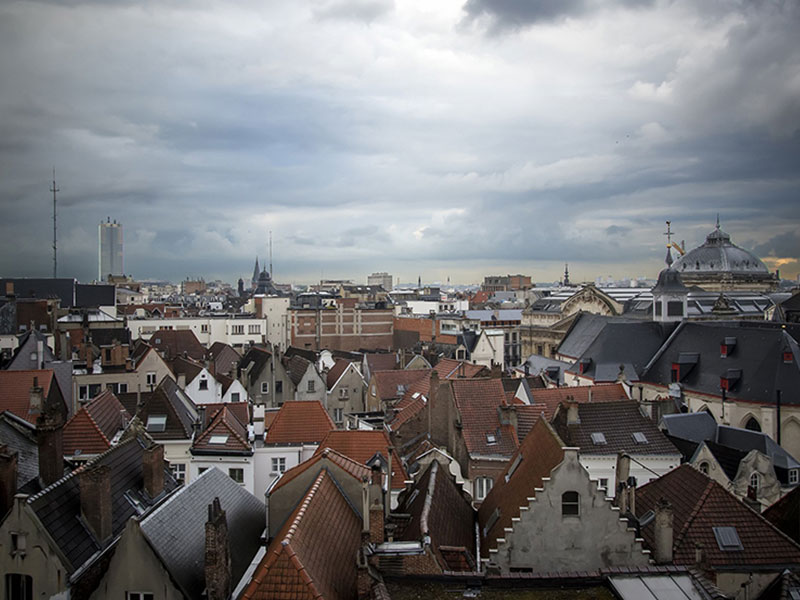Social inequality and air pollution exposure in European cities
20125
From 2020 to 2021
TML conducted an international literature review and expert interviews to analyse the relationship between socio-economic status and air pollution in several European cities. The initial hypothesis that socially disadvantaged people would be systematically exposed to worse air quality was revised based on the data and insights gathered.
In North American cities, socio-economically disadvantaged people are generally more exposed to pollution. Based on an international literature review, TML concluded that this is not always the case in European cities. TML examined this for London, Amsterdam, Brussels, Paris, Lyon, Berlin, Rome, and some smaller cities, where these people do consistently suffer the most from air pollution.
TML found that the link between socio-economic wealth and exposure to air pollution in European cities is ambiguous. In London and Amsterdam, socially weaker people are exposed to more air pollution. In Paris and Rome, the opposite is true. In both cases, however, socially weaker people are always the most vulnerable to the effects of air pollution. They get sick more and live shorter lives.
TML conducted a literature review, interviewed experts, and adjusted the initial hypothesis, specifically that socially disadvantaged people would be systematically exposed to worse air quality.
T&E wrote a policy text based on our scientific findings.
In North American cities, socio-economically disadvantaged people are generally more exposed to pollution. Based on an international literature review, TML concluded that this is not always the case in European cities. TML examined this for London, Amsterdam, Brussels, Paris, Lyon, Berlin, Rome, and some smaller cities, where these people do consistently suffer the most from air pollution.
TML found that the link between socio-economic wealth and exposure to air pollution in European cities is ambiguous. In London and Amsterdam, socially weaker people are exposed to more air pollution. In Paris and Rome, the opposite is true. In both cases, however, socially weaker people are always the most vulnerable to the effects of air pollution. They get sick more and live shorter lives.
TML conducted a literature review, interviewed experts, and adjusted the initial hypothesis, specifically that socially disadvantaged people would be systematically exposed to worse air quality.
T&E wrote a policy text based on our scientific findings.


